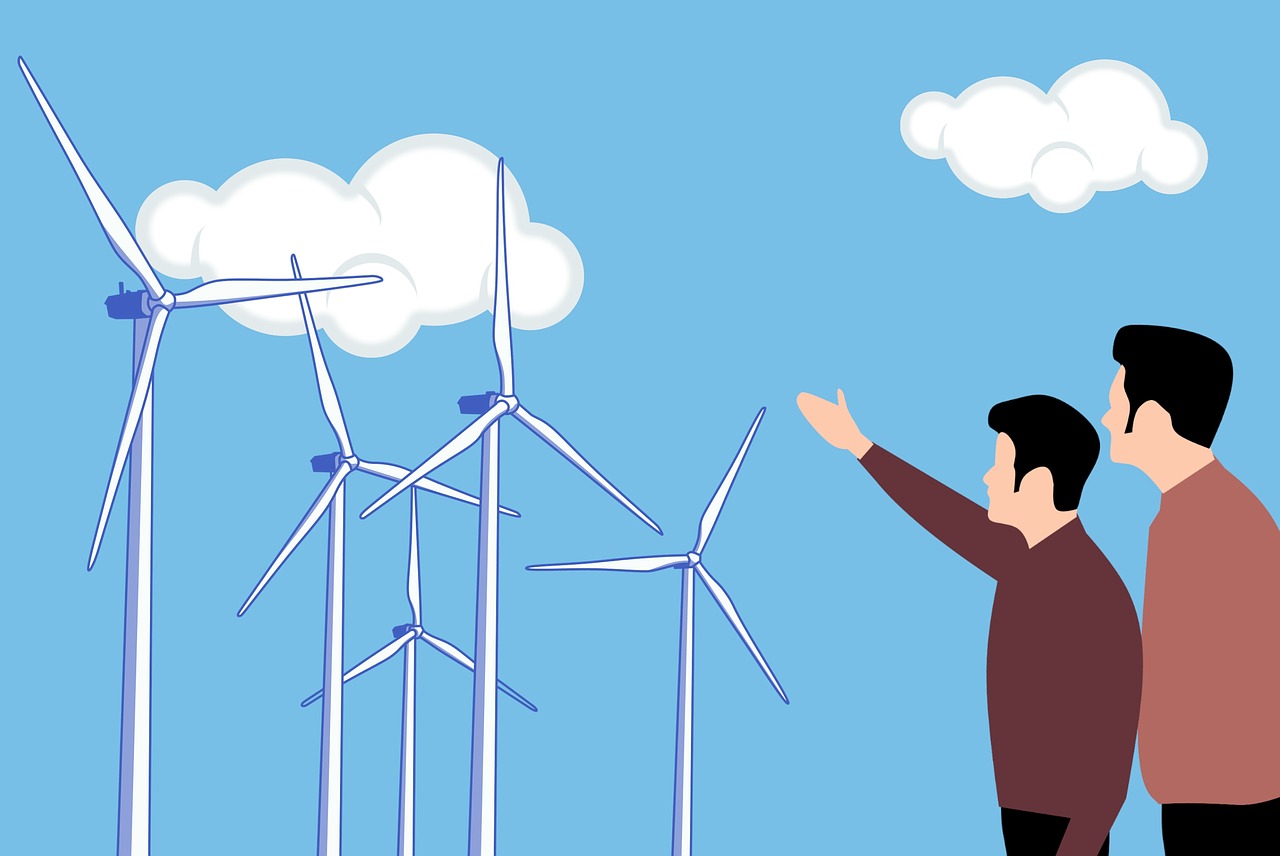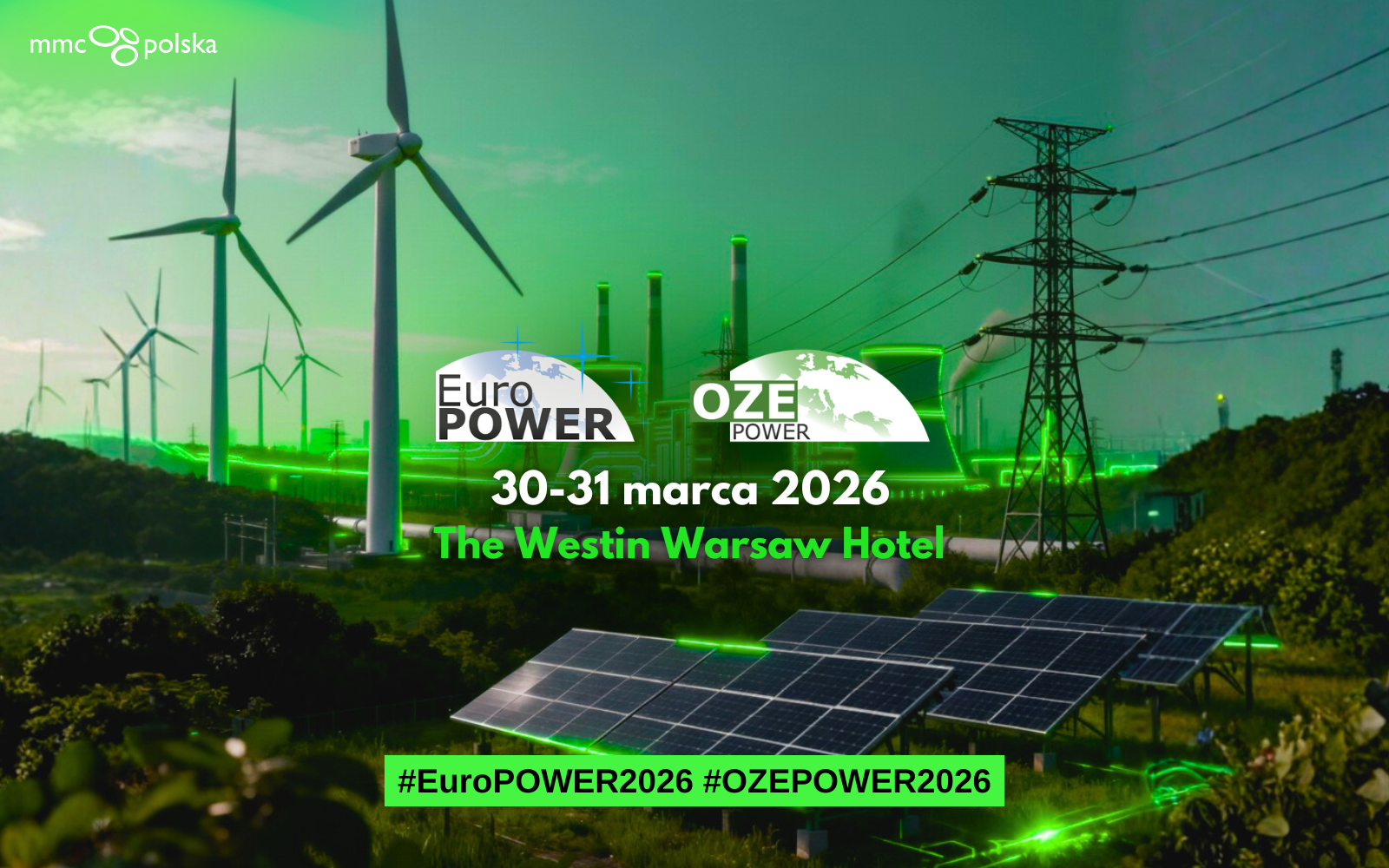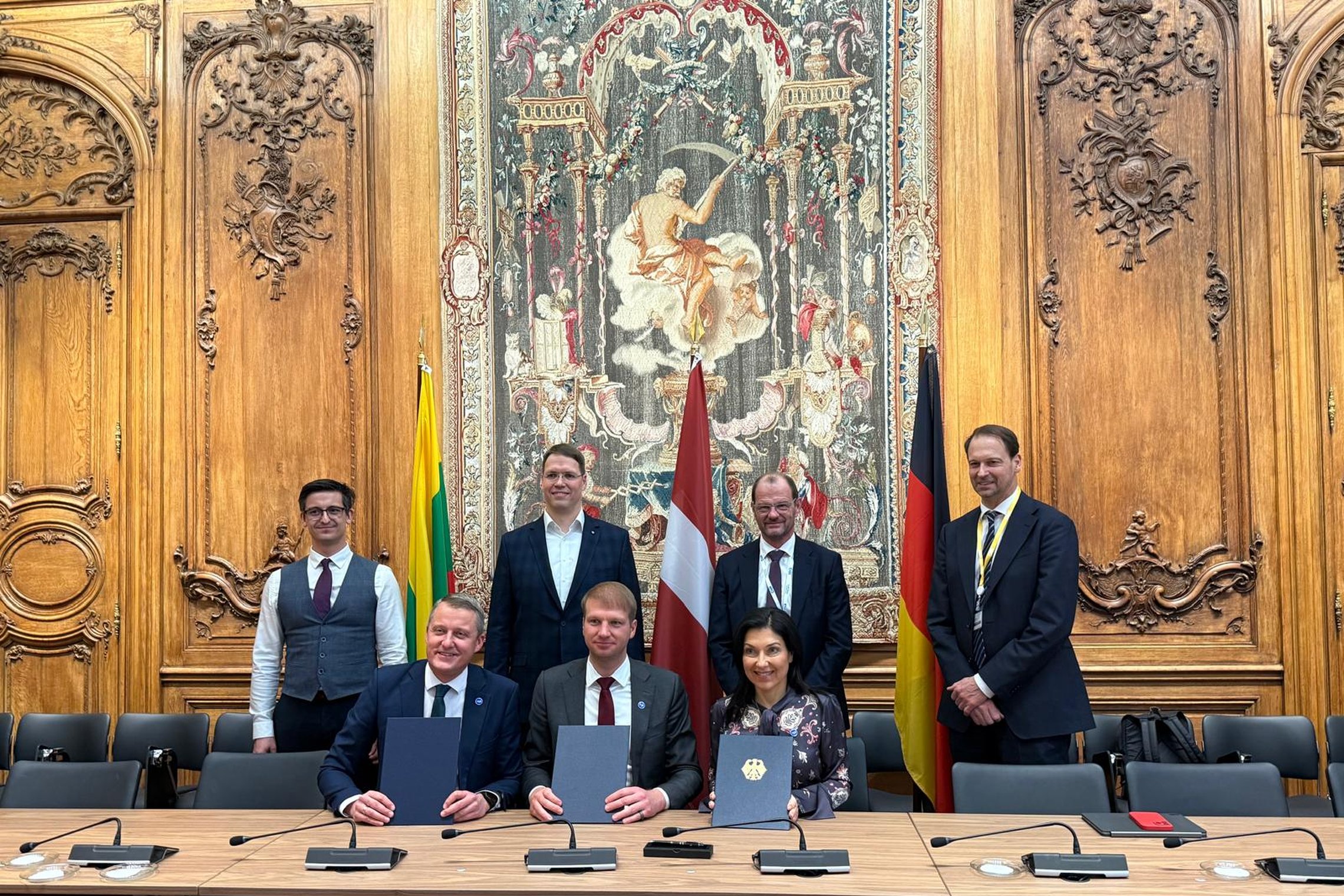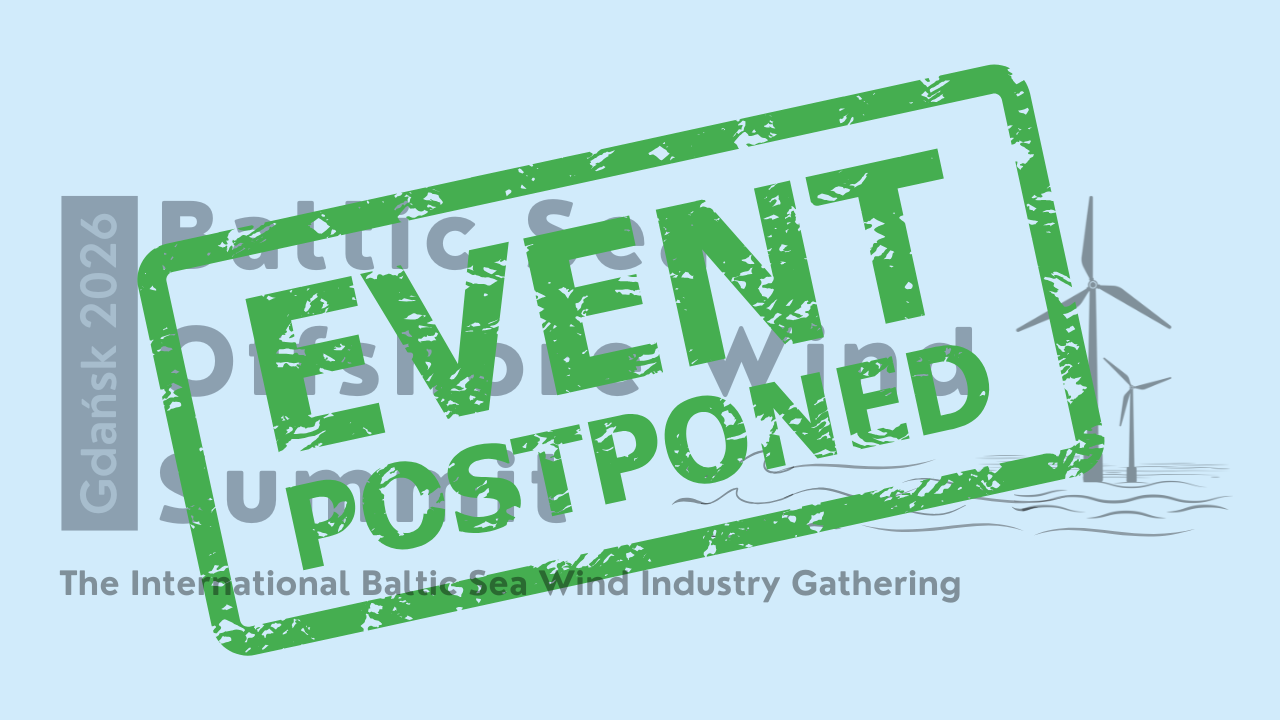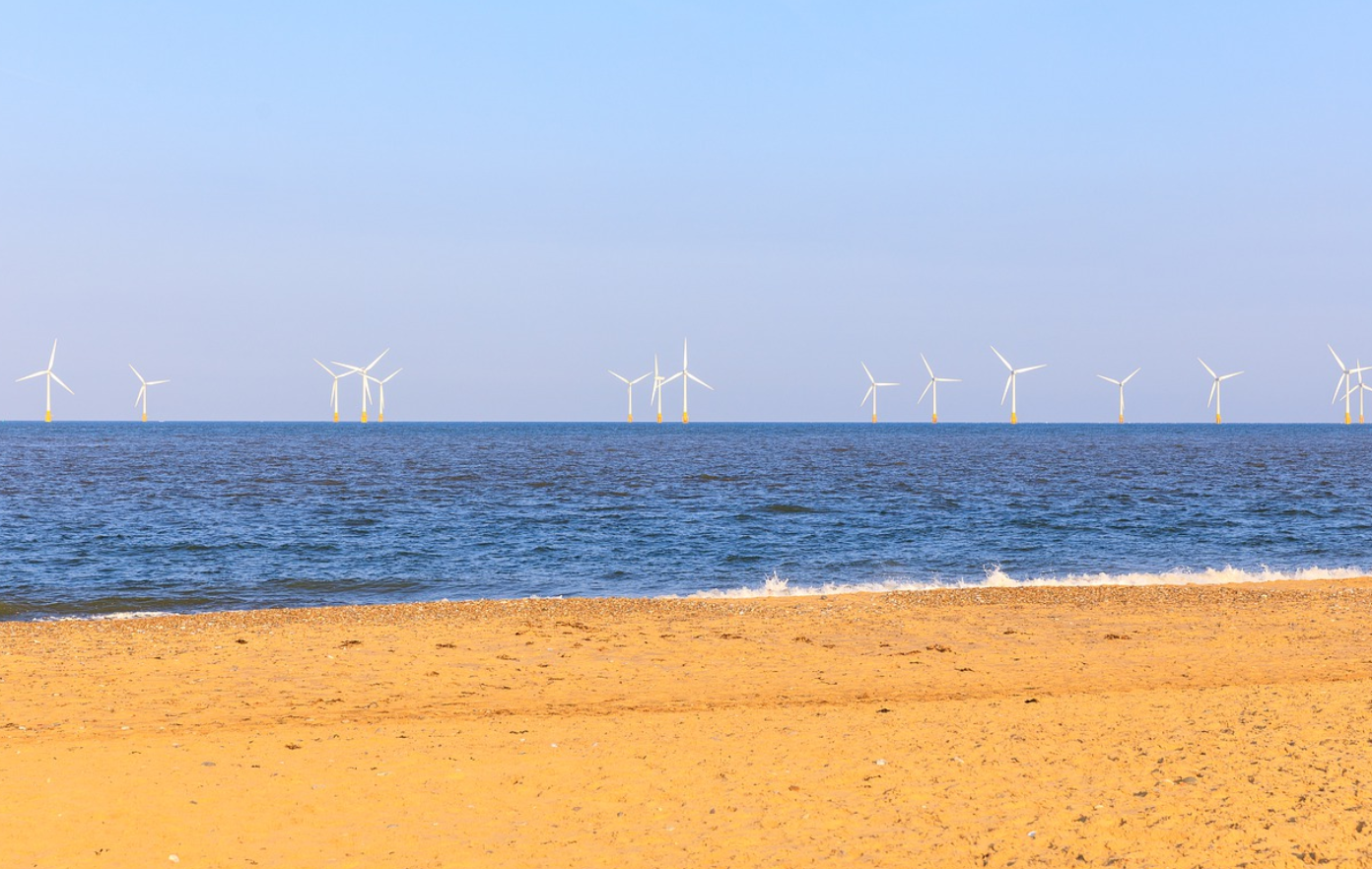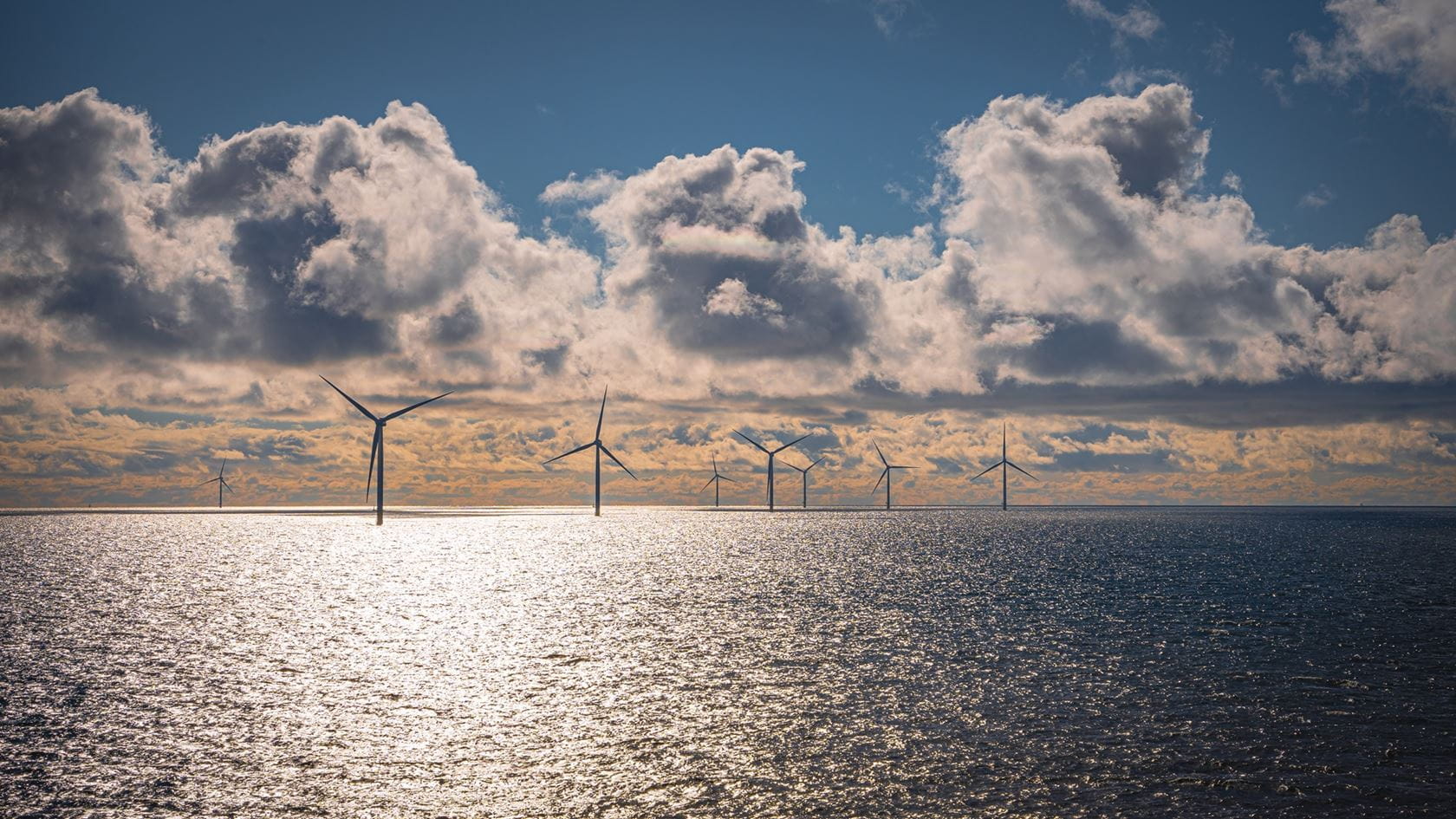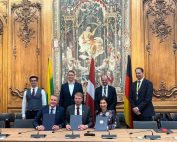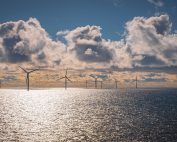Energy efficiency is a field where cooperation across borders is increasingly beneficial, considering the complexity of the challenges related to the practical implementation. This was one key aspect brought up in the SI Baltic Sea Session, which took place online 17 March 2022.
In his welcome note, SI’s Gabor Schneider said that recently it has become even more important to boost energy efficiency in the region.
“These are very special times in Europe. Energy has become a strategic matter for the EU and its neighbourhood. New energy efficiency initiatives and new types of collaborations are required and in this respect the Baltic Sea region can be a frontrunner”.
The aim was to encourage participants to share knowledge and ideas between each other. Several presenters had been part of various projects and programmes funded by SI, such as the projects BuildingEffect, Effect4Georgia, Common Act, BSPonEE or the SI commissioned Baltic Leadership Programme (BLP) on Energy Efficiency which was implemented in 2019-2020.
In his keynote professor Filip Johnsson, Chalmers University of Technology, provided an overview on the most significant trends in the energy transition. Filip Johnson argued on the need for sector coupling and the further extension of collaborations through broader value chains.
The topic of the session was the question of “how”: How can we speed up energy efficiency in the Baltic Sea region?
Lukasz Polakowski from the Polish Foundation for Energy Efficiency talked about the importance of a holistic view on energy efficiency. He pointed out that achievements have often occurred in different sectors separated from each other and stressed the need for a more integrated approach in the future.
Another angle was the importance of communication in projects on energy efficiency. Marit Ragnarsson from the County Administrative Board of Dalarna said that the discussions from the Baltic Leadership Programme had led her to this conclusion.
“We found that strategic communication is a main issue for energy efficiency projects”.
Edvarts Daniels Emersons, coordinator of the policy area Energy in the EU Strategy for the Baltic Sea Region, reflected on the prospects for future initiatives on energy efficiency. He stressed that at the same time as we work with the transition to renewable energy, we must also work with energy efficiency.
“Upcoming initiatives seem to be focusing more on other green topics such as renewables or green certification. There are really no initiatives that talk about industrial energy efficiency for now”
Edvarts Daniels Emersons concluded with a wish for more sectors to take steps towards energy efficiency.
“My hope is that there will be initiatives that explore and motivate companies and entrepreneurs to share their knowledge on how to be more efficient, not only in the food or construction industries, but also sectors related to the digitalisation or the finance sector”.
About the SI Baltic Sea Sessions:
SI Baltic Sea Sessions is a digital initiative in which we explore results and lessons learnt through projects funded by the Swedish Institute in the Baltic Sea region. Each session will deal with a specific topic and showcase initiatives that have contributed to progress and sustainability in the region. The sessions will highlight projects involving SI’s 15 programme countries i.e. countries around the Baltic Sea and countries of the EU Eastern Partnership.
Source: Swedish Institute
